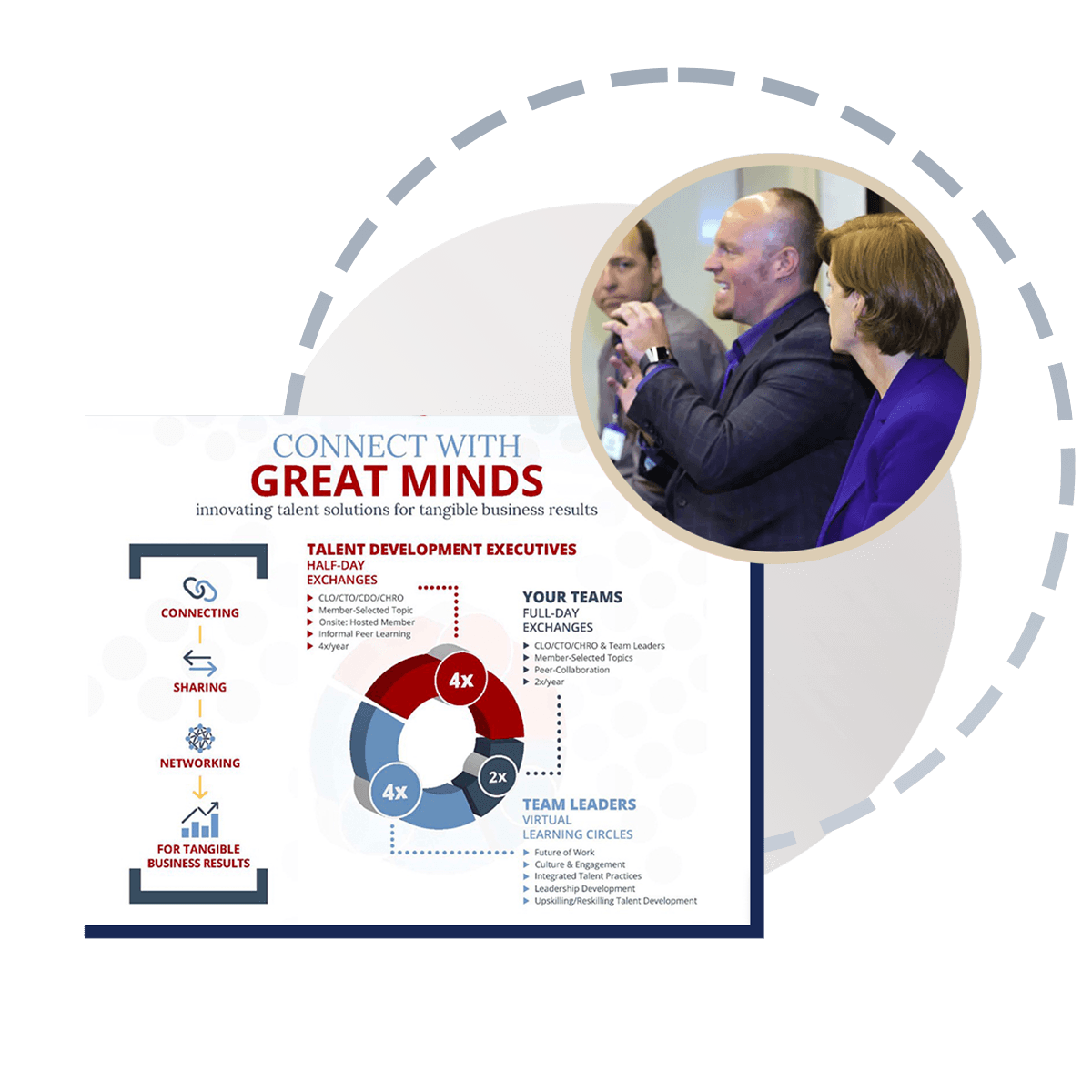Crisis means many things to different people, depending on perspective and experience. But what is universal is that people will experience times that challenge them.
This session provided invaluable insights into managing crises through self-awareness and wellbeing, emphasizing the importance of leadership in recognizing and addressing team member needs. Here are three key takeaways from the session:
-
- Spot and Address Stress Early: Leaders need to be vigilant in identifying signs of stress among team members, such as changes in behavior or engagement. Addressing these signs early can help prevent burnout and maintain team well-being.
"It's important as leaders to think about what are we seeing in our team members and how we can support them. Sometimes it's about digging a little deeper." -- Jennifer Kern
- Integrate Wellbeing into Leadership: Adding fitness, nutrition, and stress management to leadership programs makes them more effective and helps everyone handle challenges better.
- Prepare for Crises with Structured Plans: A clear crisis plan with specific roles helps organizations respond better during emergencies.
"Crisis can be the gap between what you need and what you have. Recognizing this gap early can help us better manage our responses." -- Kirstin Mahar
- Spot and Address Stress Early: Leaders need to be vigilant in identifying signs of stress among team members, such as changes in behavior or engagement. Addressing these signs early can help prevent burnout and maintain team well-being.
In summary, this session underscored the critical role of leaders in fostering resilient teams by being proactive, integrating wellbeing into their leadership practices, and preparing structured plans for crisis management. These strategies not only enhance organizational resilience but also create a supportive and responsive work environment.
